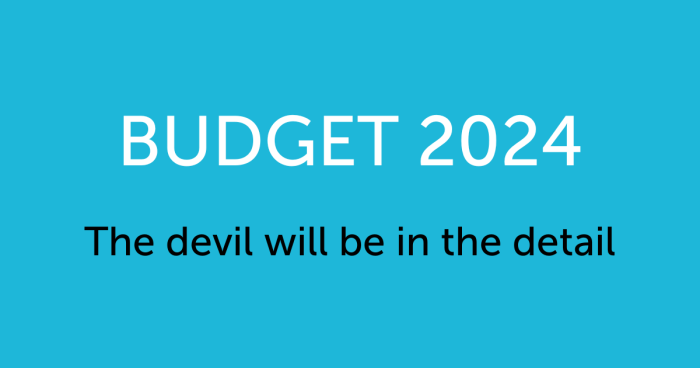
Any investment is welcome, but concerns remain
by Justin Butcher, CEO, Pinnacle
While Pinnacle acknowledges the $2.12 billion allocated in yesterday's Budget for primary and community care as a positive step, we remain concerned about the long-term sustainability of general practice services and potential negative impacts on patient access. Any additional investment in primary care is welcome, but the devil will be in the detail.
Based on our understanding, this funding encompasses a broad range of services within the primary and community sector, not just general practice. With a chronic GP shortage and broader underfunding issues, it's essential to ensure the majority reaches the frontline where it's most needed.
The $2.12b over four years looks to be about five per cent of the total primary and community funding per annum, but we can’t yet expect a five per cent uplift as there will need to be population growth and demographic changes accounted for. This means it is likely to fall short of the cost pressure changes.
On 27 May, Stuff reported that under the Official Information Act, previous internal briefings to health minister Shane Reti indicated a funding gap of between $353 million and $1.36 billion to address the underfunding in general practice alone. Spreading the current allocation over four years and across multiple services raises concerns about its effectiveness in tackling the specific issues faced by general practice.
Continued underfunding alongside the just-signalled removal of free COVID-19 consultations and subsidised RATs later this year, and the reintroduction of prescription co-payments (with some exemptions), could disproportionately impact vulnerable populations and risks widening existing inequities in healthcare access, potentially worsening health outcomes for many New Zealanders.
The projected GP shortage of 753 to 1043 doctors in the next ten years remains a major concern. While the allocation includes funding to train an additional 25 doctors per year, we need to ensure that they are incentivised to choose general practice if we want to close the projected gap. We ask the government to prioritise long-term solutions to address the GP shortage by significantly increasing training opportunities and improving retention strategies, and we ask for alternative funding models that incentivise preventative care and reduce reliance on co-payments.
We remain hopeful that this is the beginning of a sustained investment in primary care, and look forward to further details on the allocation and implementation plan. A healthy general practice sector is the cornerstone of a robust healthcare system. We urge the government to work collaboratively with the sector to ensure this funding translates into tangible improvements for all New Zealanders and prevents any erosion of essential services.
During the COVID-19 lockdown virtual consultations for POAC cases were funded. We are pleased to announce that this will be a permanent change.
Read moreThe Waikato Medical Research Foundation exists to support and encourage research within the Waikato region and to assist in the publication of the results of this research. The Foundation awards grants that contribute to the overall costs of the research project but do not fund overheads nor profit. Grant applications of up to $50,000 are welcomed.
Read moreBusiness rules for the Primary Options Acute Care programme (Waikato), which supports primary care through funding specific clinical services.